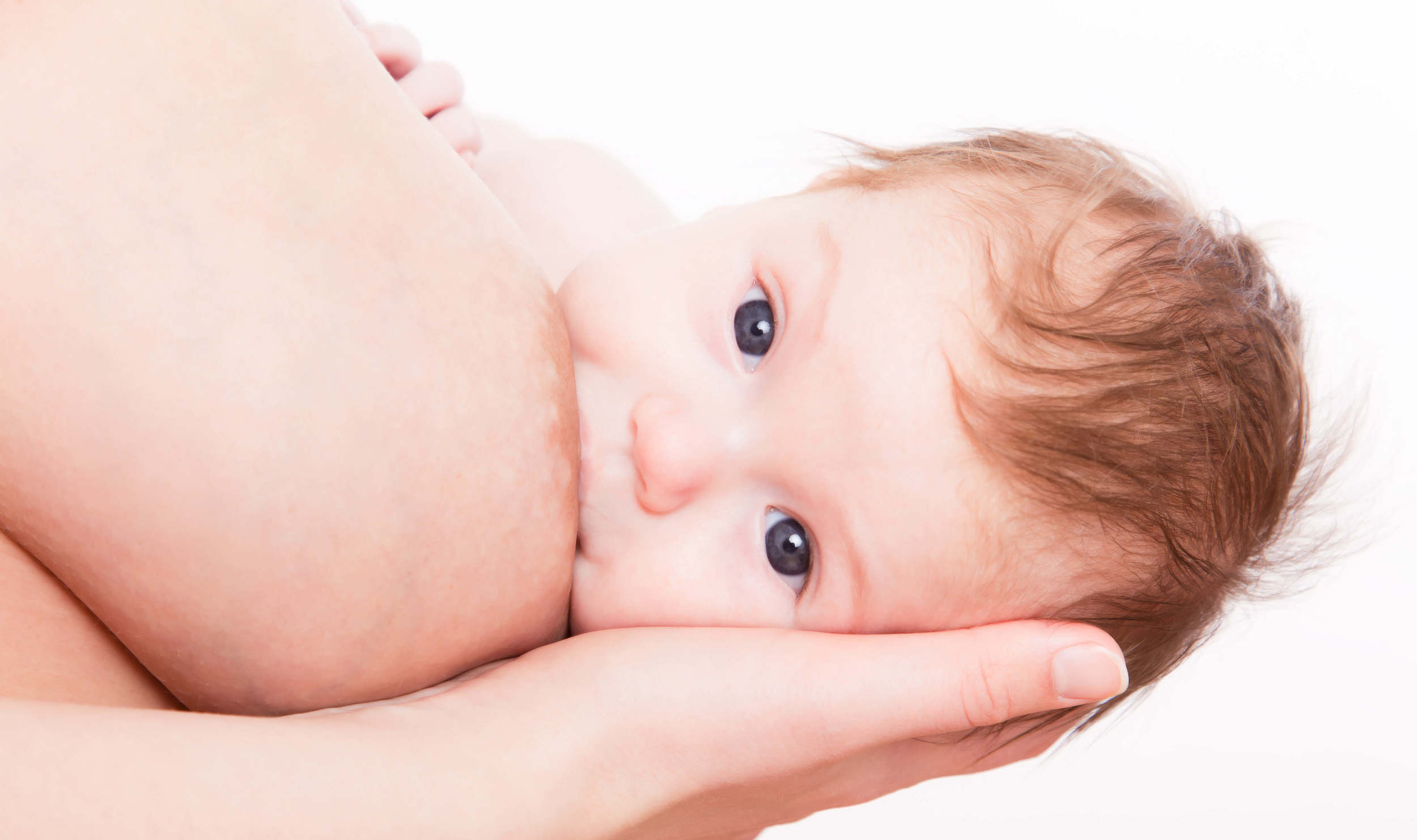MoreThanReflexes Education provides professional content on sensory-perceptual-motor learning, motor forgetting (skill decay), and motor relearning in advocating for the newborn’s need for adequate opportunities in gradually building robust motor memory for the earliest of infant milk-feeding skills, and particularly the infant’s need for the repetition of practice that is specific to the task. Toward this goal, many precepts are integrated from the fields of breastfeeding science, developmental psychology, developmental cognitive neuroscience, and kinesiology – the study of human movement, motor learning, and motor control. The MoreThanReflexes blog also shares the latest studies on components of human milk and their properties, as well as studies from the cognitive sciences on learning.
As baby mammals, we receive early learning support for milk-feeding skills in the form of pre-adapted movements termed the primitive survival reflexes (crawl, search/rooting, oral grasp or latch, suck, swallow, and cough), but the exquisite presence of these reflexes does not guarantee the oral grasp and effective suckling for all infant milk-feeding methods all the time.
There is a widely known but poorly understood universal phenomenon of observable infant breastfeeding difficulties that often follow the use of an artificial nipple, and a wealth of data correlates the use of an artificial nipple with shorter duration of exclusive breastfeeding, as well as early termination of the entire breastfeeding course. Similarly, bottle-fed infants are frequently observed to struggle with - and often refuse - a novel style of artificial nipple, regardless of whether the bottled milk contains expressed mother's milk, human donor milk, artificial infant milk, or a blend of any of these milks.
Infant breastfeeding difficulties that follow the use of an artificial nipple are often observed as a recency effect, i.e., the primitive reflexes are often more heavily weighted toward the more recently learned feeding method, rather than equal weighting of these reflexive feeding movements for all infant milk-feeding methods all the time. A further aspect of the phenomenon is that infant breastfeeding difficulties are less likely to occur when the use of an artificial nipple is avoided entirely or for a sustained period of time, particularly during the early learning period for breastfeeding skill acquisition, when early motor memories are at their most fragile.
Similarly, there are other fragile aspects of early memories, such as the early learning of a new computer password or a new telephone number. It is the rare individual who can build robust memory for a new computer password by using that numerical sequence only once. Repetition of task-specific practice is a critical aspect in building robust memory.
Motor learning is a complex process across the lifespan, and learning how to switch between tasks that are similar yet different (task-switching) is also a time-consuming process as we learn how to discern and differentiate between movements that are appropriate as well as inappropriate for performing various tasks.
Exclusively bottle-fed infants often display greater skill with an artificial nipple that was most recently learned, and often refuse a novel artificial nipple that is different in shape/contour, length, width, and/or texture. When babies have learned to breastfeed as well as bottle-feed, parents often report that their infant will only accept a certain style of bottle nipple. When babies and children are given pacifiers (soothers), there are often observable displays of refusal for a different style of pacifier, as well as displays of acceptance for a previously learned style of pacifier.
Although lactation consultants are extensively educated and trained in breastfeeding and lactation management, much of the clinician’s workday is spent providing verbal, visual, and manual guidance to parents in motor learning for positioning and guiding their baby to feed. To a much greater extent, the clinician often provides manual guidance to the baby for learning how to perform the oral grasp of the nipple-areolar complex (the latch), as well as manual guidance to the infant in learning how to effectively suckle for adequate transfer of milk. After a lifetime of learning so many sensory-perceptual-motor skills, the learning curve for parents is a brief process, in contrast to the steep learning curve for the newborn. How amazing it is, then, that we arrive in this world with the pre-adapted primitive survival reflexes that are further adapted to support and hasten our learning.
Like other professionals who provide hands-on care, lactation consultants are not born knowing how to provide such assistance. As we progress from the novice stage to increasingly greater expertise in the acquisition of our clinical skills, we each have our own sensory-perceptual-motor learning curve toward increasingly greater motor control, achieved with the repetition of task-specific practice.
To date, precepts from the fields of motor learning, developmental psychology, and cognitive neuroscience have been little discussed in the field of breastfeeding and human lactation. Similarly, the fields of developmental psychology, cognitive neuroscience, and kinesiology have placed little to no focus on the acquisition, skill decay, and reacquisition of infant milk-feeding skills. Integrating precepts from these related sciences can offer many insights into the acquisition of our earliest of skills.
MoreThanReflexes.org is a professional educational website by Debra Swank, RN BSN. Ms. Swank is a graduate of Davis & Elkins College and began her healthcare career as a registered nurse serving infants, children, and young adults with genetic and other chronic health problems. As a lactation consultant and infant feeding specialist, Ms. Swank has provided care in both rural and large urban settings to over 15,000 nursing families from many walks of life. In addition to her professional interests in sensory-perceptual-motor learning for the acquisition of infant breastfeeding skills, Ms. Swank is also interested in the science of human milk and Tronick's Mutual Regulation Model (MRM).
